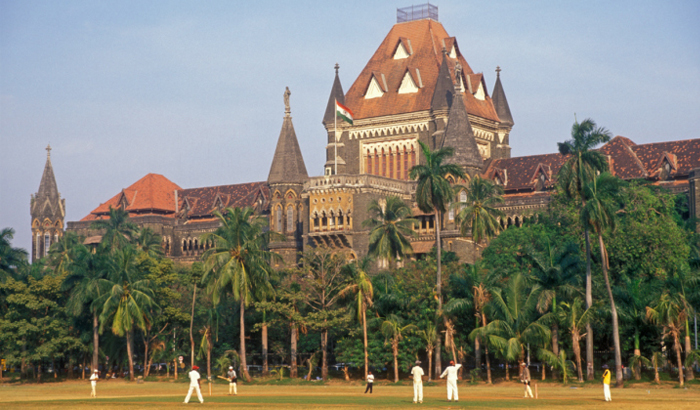Editors Guild of India Celebrates Landmark Bombay High Court Ruling Striking Down Controversial IT Amendment Rules
(Judicial Quest News Network)
Bombay, 20, September, 2024
In a significant victory for press freedom, the Bombay High Court has declared the Information Technology (Intermediary Guidelines and Digital Media Ethics Code) Amendment Rules, 2023, unconstitutional. The ruling, particularly focusing on Rule 3, effectively nullifies the Central government’s authority to establish Fact-Check Units (FCUs) aimed at identifying “fake and misleading” information about its operations on social media platforms.
Chronology of Events:
- Notification of IT Amendment Rules (April 6, 2023): The Ministry of Electronics and Information Technology (MeitY) introduced the IT Amendment Rules, which included provisions allowing the Central government to create a “fact check unit” responsible for categorizing and removing any online content related to its business deemed “fake, false, or misleading.”
- Concerns Raised by the Editors Guild (April 7, 2023): Following the notification, the Editors Guild of India expressed alarm over the implications of these amendments for press freedom, warning that they could severely undermine journalistic independence and accountability.
- Legal Challenge Initiated (June 2023): In response to these amendments, the Editors Guild, alongside other petitioners including political satirist Kunal Kamra and the Association of Indian Magazines, filed a writ petition in the Bombay High Court. The petitions challenged the constitutional validity of the amendments, asserting that they were ultra vires the Information Technology Act, 2000, and violated the fundamental right to freedom of speech and expression.
- Split Verdict by the Division Bench (January 2024): The case was initially heard by a division bench consisting of Justices Gautam Patel and Dr. Neela Gokhale. In a split decision, Justice Patel declared the rules unconstitutional, while Justice Gokhale upheld their validity. This division prompted a referral to a third judge for a conclusive ruling.
- Final Verdict (Date of Ruling): Justice Chandurkar ultimately pronounced the order, stating that the amendments contravened Article 14 (Right to Equality), Article 19 (Freedom of Speech), and Article 21 (Right to Life and Personal Liberty) of the Constitution. He emphasized that the amendments failed to satisfy the “test of proportionality,” which assesses whether restrictions on rights are justified and balanced.
- Appreciation for Legal Team: The Editors Guild of India publicly acknowledged the tireless efforts of their legal team, which was led by Senior Advocate Shadan Farasat, alongside Advocates Natasha Maheshwari, Hrishika Jain, and Niharika. The petition was filed by Bombay counsel Bimal Rajshekhar. The Guild also extended its gratitude to all other petitioners and their legal representatives who joined in this significant legal battle.
This landmark ruling not only safeguards journalistic integrity but also reinforces the fundamental rights enshrined in the Indian Constitution. The Editors Guild’s proactive stance in challenging these amendments underscores the ongoing struggle for press freedom in an increasingly regulated digital landscape.




